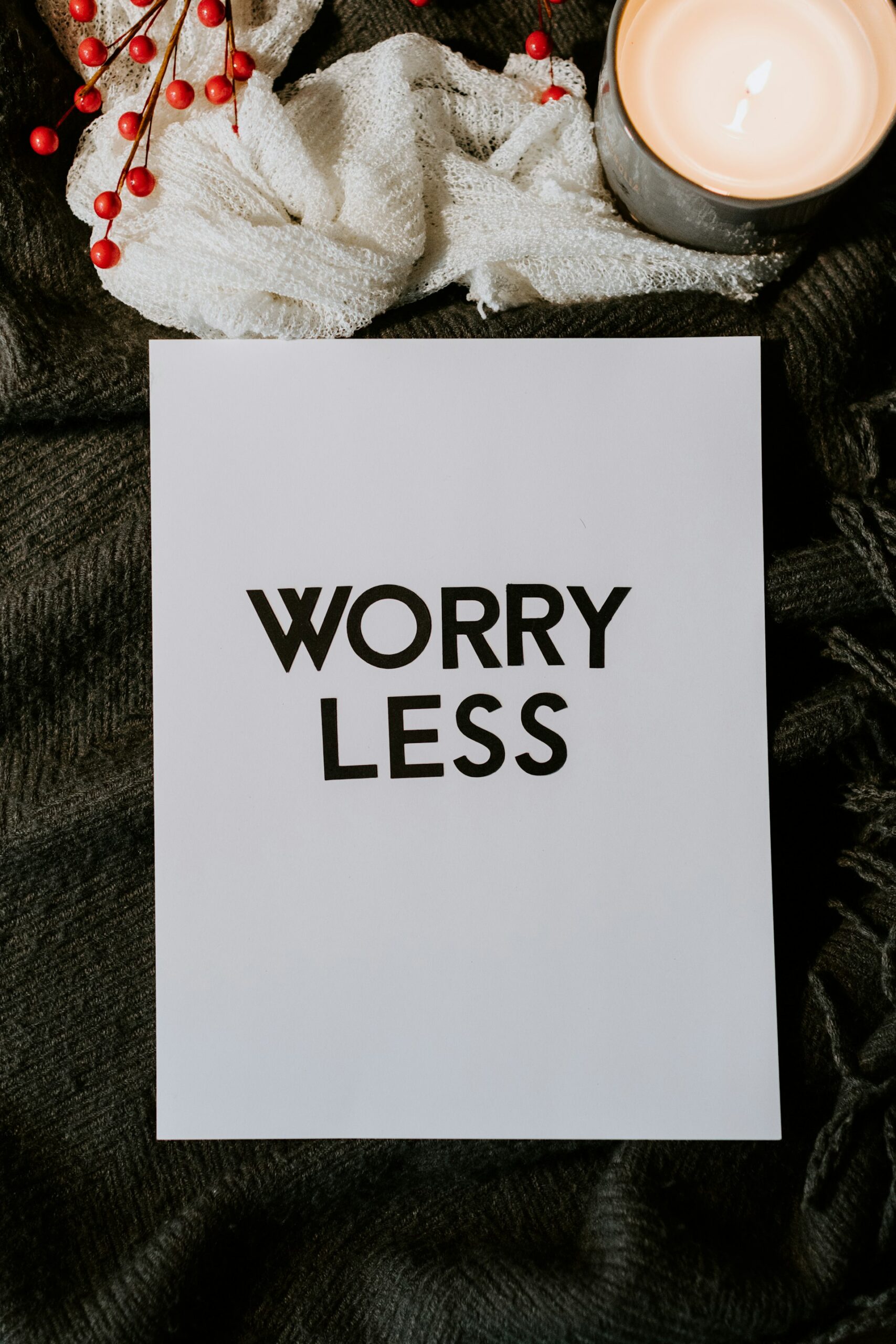Building Mental Resilience Through Sleep Hygiene: Essential Strategies and Science-Backed Guidance

Photo by elizabeth lies on Unsplash
Introduction: The Foundation of Mental Resilience
Mental resilience – the ability to adapt and recover from stress, adversity, and change – is increasingly recognized as a cornerstone of psychological well-being. Recent research highlights the pivotal role of sleep hygiene in developing and sustaining mental resilience. With mounting evidence showing that sleep quality and sleep-related habits directly impact emotional stability, cognitive performance, and the capacity to cope with life’s challenges, understanding and implementing effective sleep hygiene practices has never been more important. [1] [3]
What is Sleep Hygiene? Key Principles Explained
Sleep hygiene refers to a set of behavioral and environmental practices designed to promote regular, high-quality sleep. Core elements include maintaining a consistent sleep schedule, creating an optimal sleep environment, avoiding stimulants before bedtime, and limiting daytime naps. These practices are not only effective for preventing insomnia and sleep disturbances, but also play a crucial role in supporting overall mental health. [3]
Common sleep hygiene recommendations include:
- Going to bed and waking up at the same time every day, including weekends.
- Creating a dark, quiet, and cool sleep environment.
- Avoiding caffeine, nicotine, and alcohol late in the day.
- Engaging in relaxing pre-sleep routines, such as reading or gentle stretching.
- Limiting screen time (phones, computers, TVs) before bed.
The Science: Sleep Hygiene as a Driver of Mental Resilience
Multiple studies have established a strong association between good sleep hygiene, improved sleep quality, and increased mental resilience. Individuals who consistently practice healthy sleep habits experience fewer sleep problems, lower rates of depression and anxiety, and demonstrate greater adaptability in the face of stress. [1] [2]
For example, in a 2024 study of healthy adults, researchers found that individuals with a “morning chronotype” (those who naturally prefer early sleep and wake times) reported better subjective sleep quality and significantly higher levels of resilience. These effects were mediated through improvements in sleep quality, suggesting that sleep hygiene is a key mechanism for building resilience. [1]
Another study among college students confirmed that resilience mediates the relationship between sleep quality and subjective well-being, meaning that improved sleep hygiene not only boosts resilience but also contributes to greater life satisfaction and emotional stability. [2]
Real-World Impact: Case Studies and Examples
Consider the experience of university students facing academic pressure. Those who maintain healthy sleep routines are better equipped to manage stress, adapt to setbacks, and sustain motivation throughout demanding semesters. In contrast, poor sleep hygiene is linked with increased emotional instability, decreased cognitive functioning, and difficulty overcoming challenges. [3]
Similarly, professionals in high-stress industries report that prioritizing sleep hygiene leads to improved emotional regulation, sharper decision-making, and greater perseverance during periods of change.
Actionable Steps: Implementing Sleep Hygiene for Mental Resilience
To harness the benefits of sleep hygiene for mental resilience, follow these step-by-step strategies:
- Assess Your Current Sleep Habits: Keep a sleep diary for one week, noting bedtime, wake time, sleep quality, and any disruptions.
- Set a Consistent Sleep Schedule: Choose a regular bedtime and wake-up time that fits your lifestyle. Stick to these times, even on weekends.
- Optimize Your Sleep Environment: Ensure your bedroom is dark, quiet, and cool. Invest in comfortable bedding and minimize noise or light disruptions.
- Limit Stimulants and Electronic Devices: Avoid caffeine, nicotine, and alcohol in the evening. Turn off screens at least 30 minutes before bedtime.
- Adopt Relaxation Techniques: Try deep breathing, gentle stretching, or meditation to wind down before sleep.
- Monitor and Adjust: After two weeks, review your sleep diary. Notice improvements in energy, mood, and stress management. If sleep problems persist, consult your healthcare provider or seek professional sleep counseling.
Alternative Approaches: If standard sleep hygiene practices do not yield results, consider exploring cognitive behavioral therapy for insomnia (CBT-I), which is recognized as an effective intervention for chronic sleep difficulties. For more information, consult your local sleep medicine specialist or visit the official website of an academic medical center such as Columbia Psychiatry. [5]
Challenges and Solutions: Overcoming Sleep Hygiene Obstacles
Common barriers to effective sleep hygiene include irregular work schedules, environmental disturbances, and psychological stress. Solutions may involve:

Photo by FETHI BOUHAOUCHINE on Unsplash
- Using blackout curtains and white noise machines to control light and sound.
- Establishing a calming bedtime routine, even during irregular shift work.
- Practicing stress management strategies such as mindfulness, journaling, or structured problem-solving.
- Seeking support from mental health professionals for persistent anxiety or sleep disorders.
Some individuals may benefit from community programs or institutional resources. Educational institutions and workplaces may offer workshops on sleep hygiene and stress resilience. If unsure where to start, contact your local community health center or search for “sleep hygiene workshops” and “resilience training” through established organizations.
Key Takeaways: Maximizing Mental Resilience Through Sleep Hygiene
Research shows that prioritizing sleep hygiene is a powerful, accessible strategy for enhancing mental resilience. By adopting consistent sleep routines, optimizing your sleep environment, and addressing barriers proactively, you can build the foundation for stronger emotional stability, improved well-being, and greater adaptability in all areas of life. When challenges arise, your investment in sleep hygiene will help you bounce back, maintain perspective, and thrive.
References
- [1] Poon K. et al. (2024). Mediating roles of sleep quality and resilience in the chronotype-mental health relationship. Nature Scientific Reports.
- [2] Su P. et al. (2023). Relationship between sleep quality and subjective well-being: resilience as mediator. Frontiers in Psychiatry.
- [3] Alanazi EM. et al. (2023). Sleep Hygiene Practices and Its Impact on Mental Health. Cureus.
- [4] Scott AJ. et al. (2021). Improving sleep quality leads to better mental health: meta-analysis. Frontiers in Psychiatry.
- [5] Columbia Psychiatry (2023). How Sleep Deprivation Impacts Mental Health.



